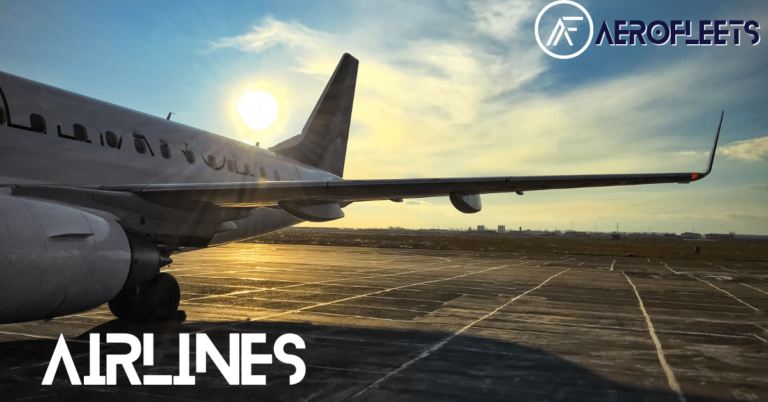Indigo is India’s largest airline and has risen to become an empire in the Indian aviation industry. Operating since 2006, Indigo has quickly grown in the past decade to become the country’s most preferred airline, with a fleet of over 250 aircrafts, a network of 75 destinations, and steep financial growth. This article will explore the various aspects of Indigo’s success, from its history to its expansive services, financial growth, fleet modernization, environmental sustainability, and customer satisfaction.
Introduction to Indigo
Indigo is India’s leading domestic airline, offering both low-cost and full service flights. It is the largest airline in India in terms of market share, carrying 19.5 million passengers in 2019. The airline is headquartered in Gurgaon, Haryana and has a fleet of over 250 aircrafts. Indigo has expanded quickly to cover a network of 75 destinations across the country and abroad.
History of Indigo
Indigo was founded in 2006 by Rahul Bhatia and Rakesh Gangwal, who had decades of experience in the aviation industry. The airline initiated operations in August 2006 and launched its first flight from New Delhi to Ahmedabad. In the following year, Indigo became the first Indian carrier to order the Airbus A320 aircraft. The airline took off from there, focusing on providing affordable fares to customers and expanding its operations across India.
Expansion of Services
Indigo has grown tremendously since its foundation and now operates flights to domestic and international destinations. The airline’s domestic network spans across 45 cities in India, while its international services include flights to countries like Nepal, Singapore, Thailand, Bangladesh and the UAE. Indigo has also established a cargo service, running domestic and international cargo flights to various countries.
Financial Growth
In the past few years, Indigo has recorded significant financial growth, with a profit of Rs. 1,853 crore in the 2020 fiscal year. The airline’s market capitalization has also been increasing steadily, reaching Rs. 53,000 crore in 2020. The company’s financial success is attributed to its focus on providing affordable services and increasing its presence in the Indian aviation market.
Fleet Modernization
Indigo has been actively modernizing its fleet, introducing several new aircrafts to its services. The airline’s fleet consists of both narrow-body and wide-body aircrafts, including A320 Neo, A321 Neo, and ATR 72-600. Indigo has also placed an order for 300 Airbus A320 Neo aircrafts, making it the largest customer of the company.
Environmental Sustainability
Indigo is committed to reducing its carbon footprint and promoting environmental sustainability. The airline is working to reduce its fuel consumption and emissions by investing in new aircrafts and introducing green initiatives. The company has also launched a long-term plan to reduce its carbon dioxide emissions by installing fuel-efficient engines in its fleet and introducing sustainable practices.
Customer Satisfaction
Indigo is focused on providing top-notch services to its customers. The airline has consistently been voted by customers as the ‘Best Airline in India’ and has achieved a 3-star rating from Skytrax. The company has also introduced several loyalty programs, such as ‘Indigo Select’, to reward its customers for their loyalty.
Indigo’s success in the past decade has been remarkable, achieving significant growth in its services, financial success, and customer satisfaction. The airline has quickly become the largest and most preferred airline in India, with its expansive network and modern fleet. With its commitment to environmental sustainability and customer satisfaction, Indigo is sure to remain an empire in the Indian aviation industry for many years to come.




0 Comments